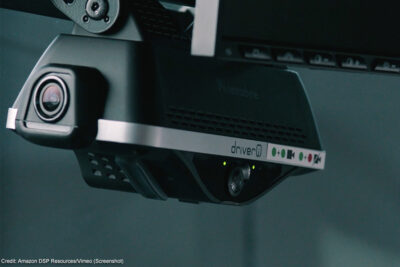Workplace Privacy
The ACLU works in courts, legislatures, and communities to defend and preserve the individual rights and liberties that the Constitution and the laws of the United States guarantee everyone in this country.

Stay informed about our latest work in Workplace Privacy.
By completing this form, I agree to receive occasional emails per the terms of the ACLU's privacy statement.
The Latest
Explore More
What We're Focused On

Background Checks
The ACLU works in courts, legislatures, and communities to defend and preserve the individual rights and liberties that the Constitution and the laws of the United States guarantee everyone in this country.

Employee Surveillance
The ACLU works in courts, legislatures, and communities to defend and preserve the individual rights and liberties that the Constitution and the laws of the United States guarantee everyone in this country.
What's at Stake
Many of the basic rights we take for granted are not protected when we go to work. The ACLU continues to fight for employee privacy by challenging how those rights are violated by employers through workplace surveillance, unwarranted drug testing, and “lifestyle discrimination.”
Employers have a legitimate interest in monitoring work to ensure efficiency and productivity. But employee surveillance often goes well beyond legitimate management concerns and becomes simple spying in furtherance of no legitimate business interest. Electronic monitoring of employees is an area where we have seen the emergence of especially intrusive and unprecedented levels of workplace surveillance.
Any monitoring of employees should be narrowly tailored in time, place, and manner, and it should be transparent to employees (unless the employer is conducting an investigation based on substantial evidence of misconduct). Even permitted intrusions should not be used in a way that creates an atmosphere of pervasive surveillance or intimidation.
Many of the basic rights we take for granted are not protected when we go to work. The ACLU continues to fight for employee privacy by challenging how those rights are violated by employers through workplace surveillance, unwarranted drug testing, and “lifestyle discrimination.”
Employers have a legitimate interest in monitoring work to ensure efficiency and productivity. But employee surveillance often goes well beyond legitimate management concerns and becomes simple spying in furtherance of no legitimate business interest. Electronic monitoring of employees is an area where we have seen the emergence of especially intrusive and unprecedented levels of workplace surveillance.
Any monitoring of employees should be narrowly tailored in time, place, and manner, and it should be transparent to employees (unless the employer is conducting an investigation based on substantial evidence of misconduct). Even permitted intrusions should not be used in a way that creates an atmosphere of pervasive surveillance or intimidation.




